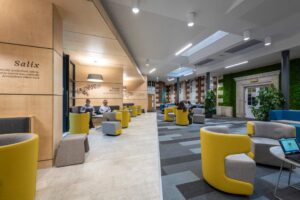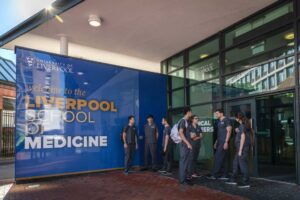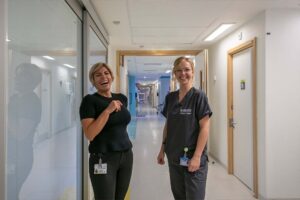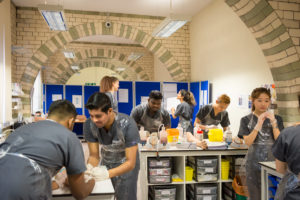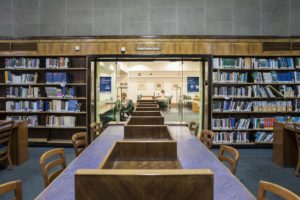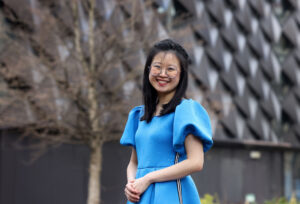How you'll learn
You’ll learn through a combination of lectures, tutorials, seminars, workshops and independent study.
An active research environment encourages individual and group work where you’ll develop ideas and hypotheses to solve problems and analyse, interpret and present your findings.
Research projects may be carried out in laboratories on campus or could be based in local NHS trusts including Alder Hey Children’s Hospital, Liverpool Women’s Hospital, St Paul’s Eye Hospital or the Royal Liverpool University Hospital. There’s also the option to complete an online research project.
How you're assessed
Assessment activities mirror those undertaken by professional scientists and healthcare professionals. These real-life scenarios include drafting grant applications, writing reports, creating visual abstracts, developing a business proposals, and making presentations.
All modules include assessments that are linked to research project work, where you’ll gain appropriate skills to complete your final project report at the end of the programme. Such assessments include a lab report, literature review and referee report.
Liverpool Hallmarks
We have a distinctive approach to education, the Liverpool Curriculum Framework, which focuses on research-connected teaching, active learning, and authentic assessment to ensure our students graduate as digitally fluent and confident global citizens.
The Liverpool Curriculum framework sets out our distinctive approach to education. Our teaching staff support our students to develop academic knowledge, skills, and understanding alongside our graduate attributes:
- Digital fluency
- Confidence
- Global citizenship
Our curriculum is characterised by the three Liverpool Hallmarks:
- Research-connected teaching
- Active learning
- Authentic assessment
All this is underpinned by our core value of inclusivity and commitment to providing a curriculum that is accessible to all students.
